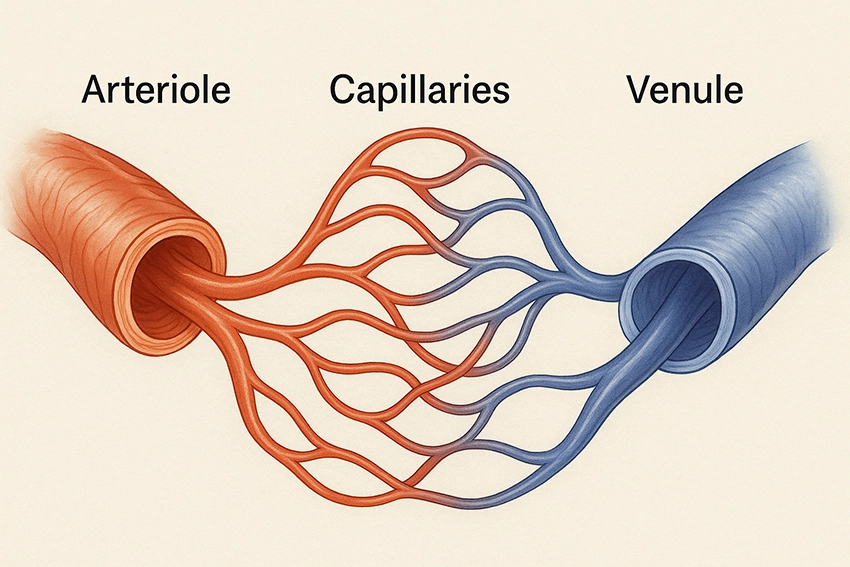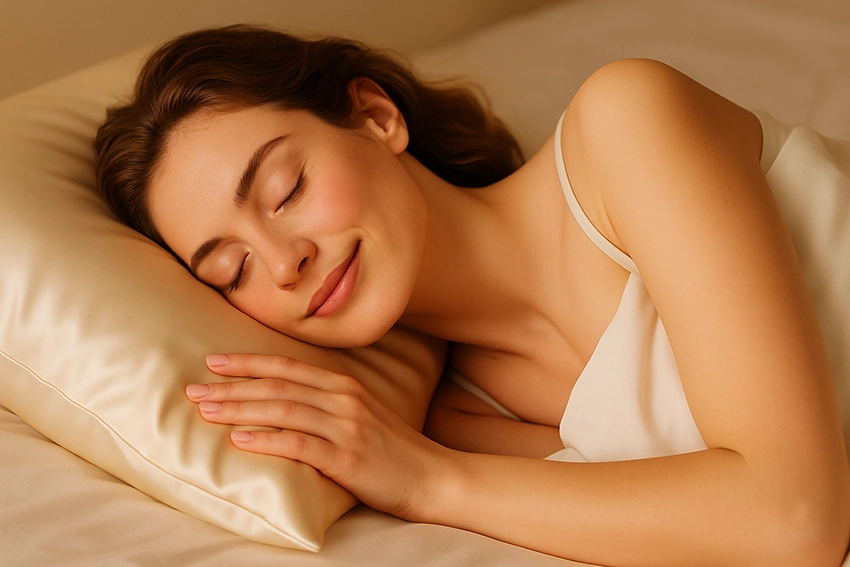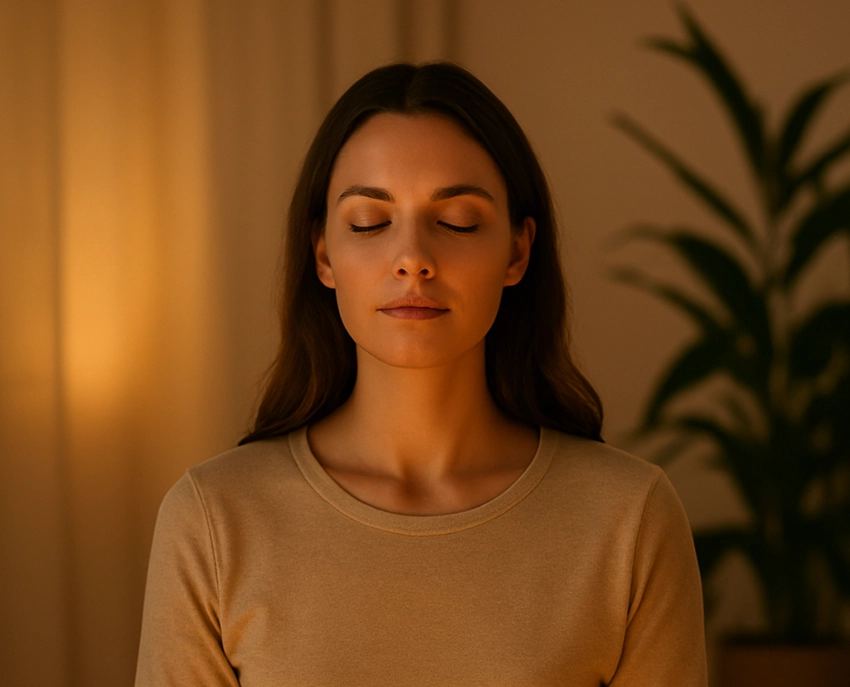Sleep is a basic need, yet many people struggle to wake up feeling refreshed. A restless night affects not only your mood and performance the next day but also your long-term health. The positive side is that with a few simple lifestyle habits, anyone can enjoy better rest.
Why Rest Matters So Much
Sleeping is not just about overcoming tiredness; it is one of the body’s most important recovery processes. During the night, your brain organizes daily memories, your muscles repair, and your immune system strengthens. Adequate rest sharpens focus, boosts memory, and can even improve your skin’s appearance.
If poor-quality nights continue for too long, the consequences may include fatigue, mood swings, reduced productivity, and a higher risk of illness. That’s why prioritizing rest is essential.
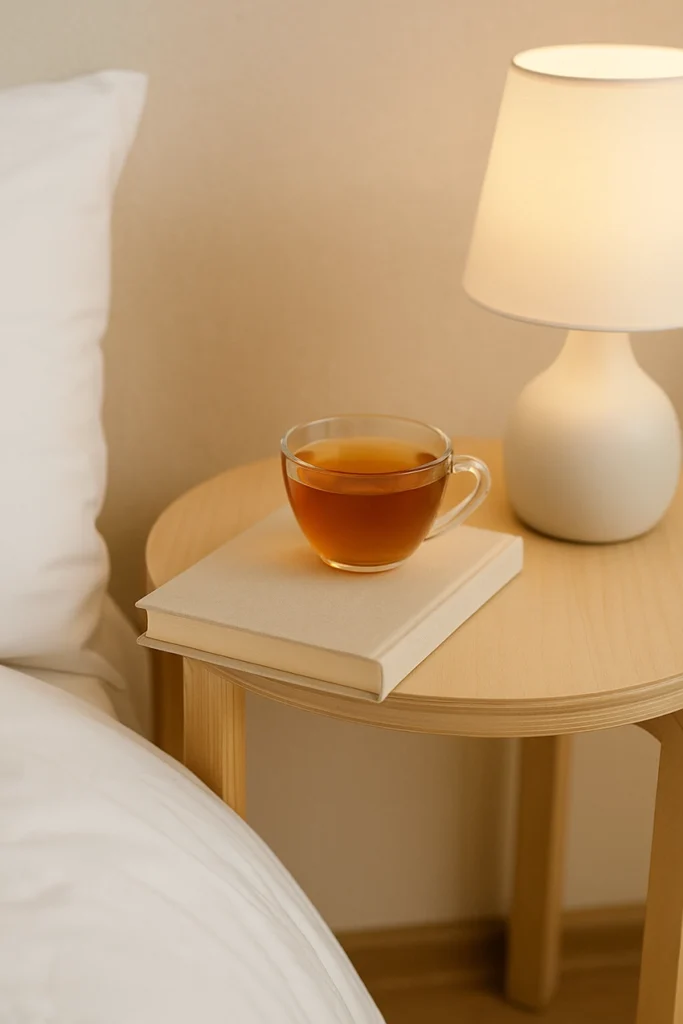
evening routine – bedtime with tea and book
Everyday Habits That Support Better Rest
1. Create a Relaxing Evening Routine
Prepare your body for bedtime well before you lie down. Switch off screens at least an hour before sleeping, since blue light interferes with natural hormone cycles. Instead, choose a book, listen to calm music, or enjoy herbal tea.
2. Shape a Peaceful Environment
Your bedroom should feel like a calm retreat. Keep the temperature cool, the lights low, and block out unnecessary noise. A supportive mattress and soft bedding also make a big difference.
3. Balance Activity and Relaxation
Regular exercise promotes recovery and deeper nights, but avoid intense workouts right before bed. Gentle stretches in the evening are more beneficial.
4. Mindful Eating and Drinking
Late heavy meals and too much caffeine can interfere with night rest. Opt for balanced dinners, and choose water or calming teas in the evening.
5. Calm the Mind
Mental tension often prevents proper rest. Simple practices like meditation, breathing exercises, or a warm bath can prepare the mind for a calmer night.
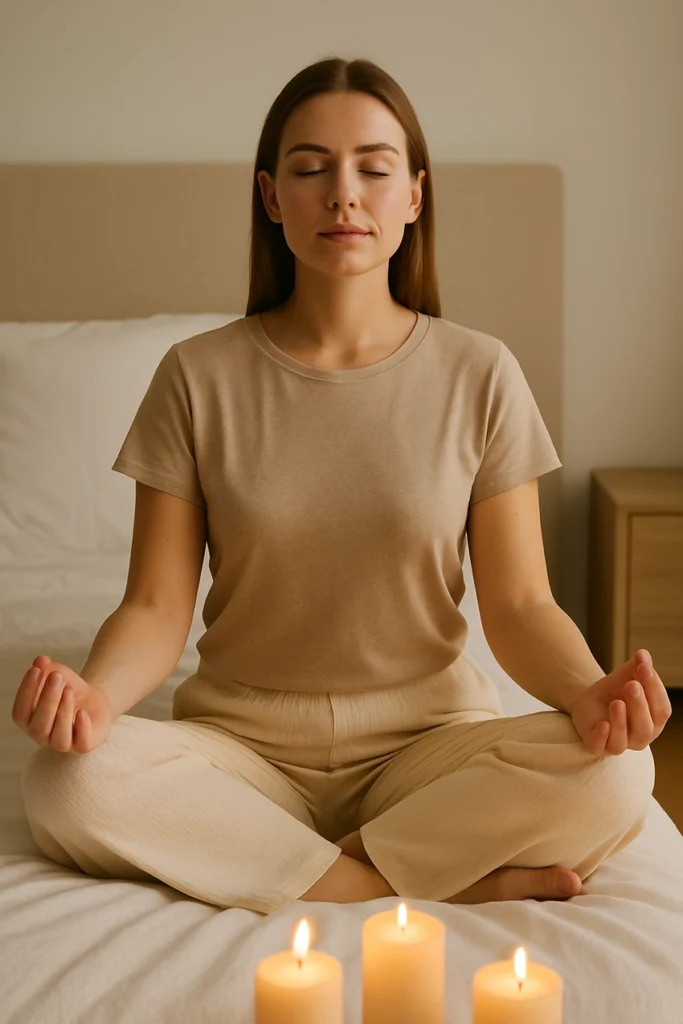
calm night – woman meditating in bedroom
A Story of Change
Sophie, a young office worker, faced difficulty sleeping for months. She stayed up late scrolling on her phone and woke up exhausted. When she started switching off screens earlier, added tea to her evening, and set a consistent bedtime, she noticed big improvements. Within weeks, she felt fresher and began her mornings with more energy.
Who Benefits Most From Good Rest?
Anyone who wants to feel more balanced and energetic can benefit. Students preparing for exams, professionals seeking productivity, and parents needing more energy for their families – all rely on quality nights.
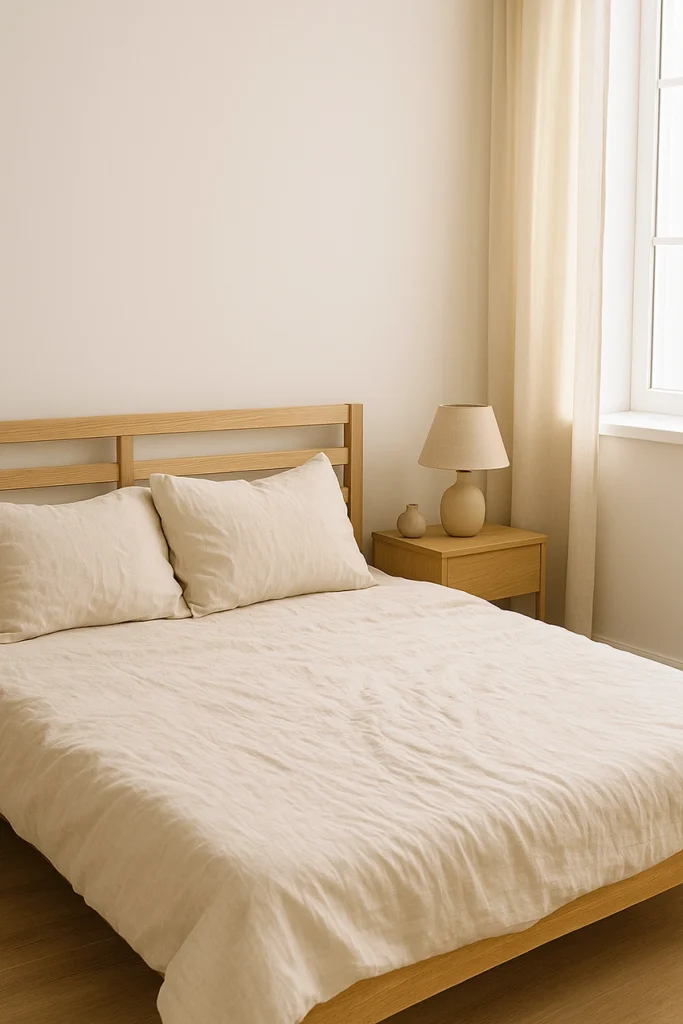
peaceful bedroom – cozy environment for rest
Questions People Often Ask
How many hours are ideal?
Most adults need 7–9 hours, though everyone is different.
Are short naps useful?
Yes, a 20-minute nap can recharge you, but longer naps may disrupt nighttime rest.
Should I take supplements?
Only if necessary and after medical advice. Often, natural routines provide longer-lasting results.
Key Takeaways
Nighttime recovery is not just about lying down – it’s one of the body’s most essential healing processes. With small adjustments, such as creating an evening ritual, shaping a calm environment, and following a balanced lifestyle, restful nights can become a daily reality.
Check out the list to see if you can find anything else you like.

